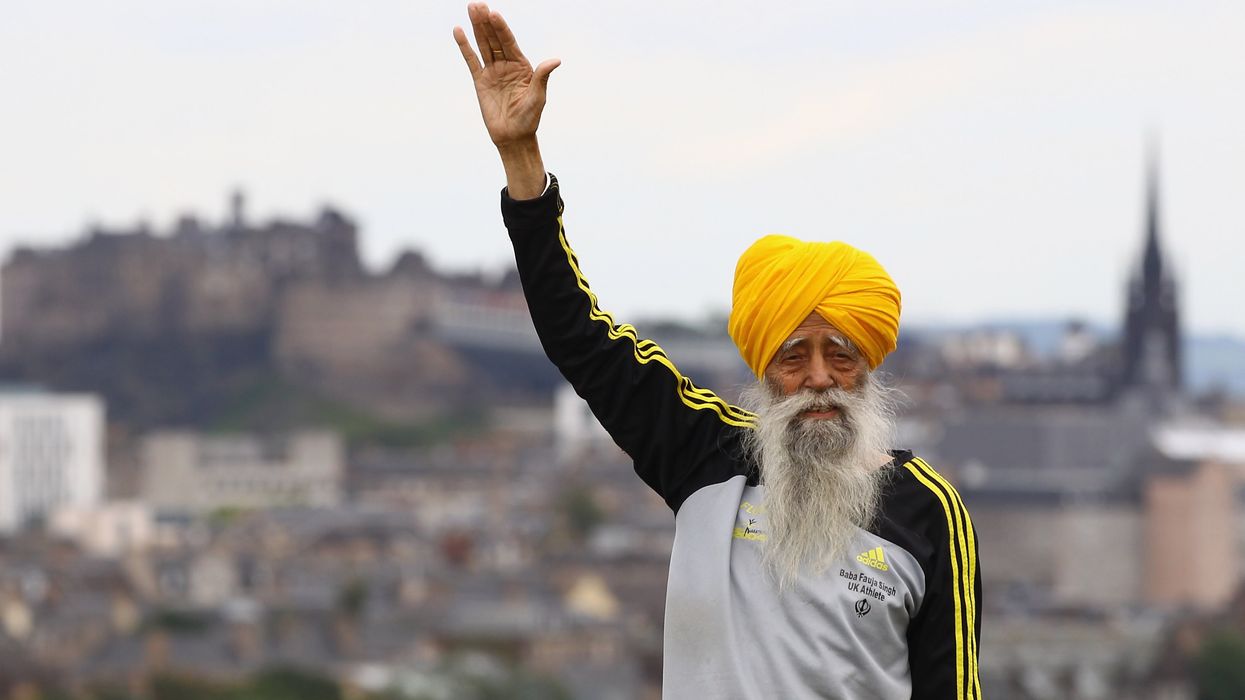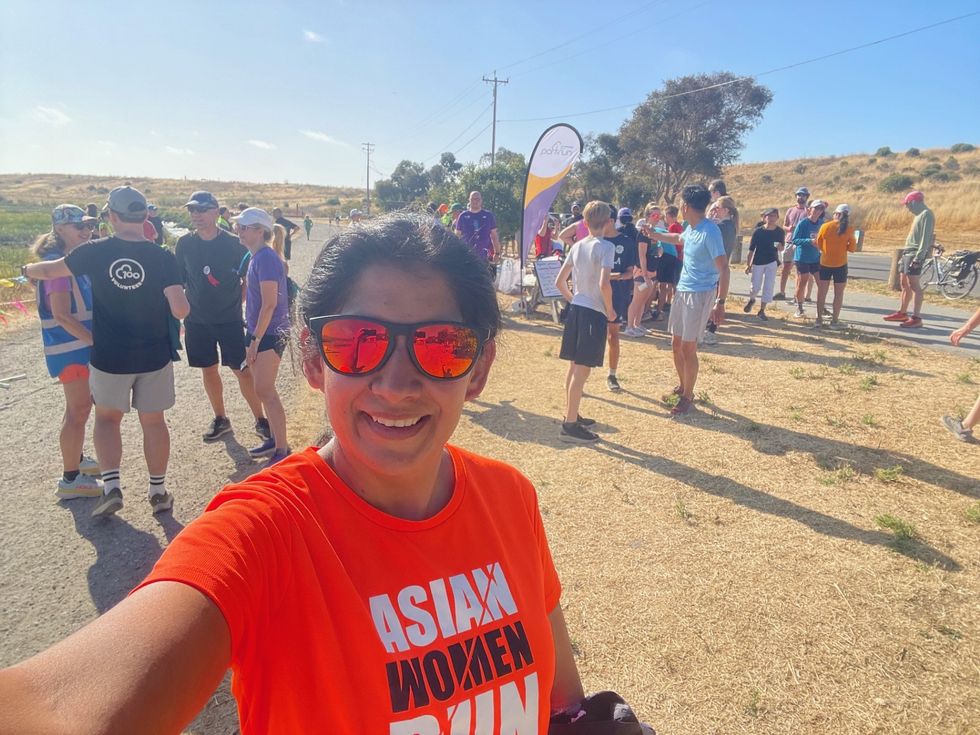By Barnie Choudhury
“TRUST is a fickle friend, Hari Puttar. Journalism is as journalists do. Remember that,” as the south Asian JK Rowling would never have said.
I jest, but there is a serious message to my rambling thoughts. For some reason, those words sprang to mind when I read the Guardian’s take on a YouGov/ Sky News poll which suggested that “public trust in British journalism is simultaneously eroding”. Make no mistake, this is old news. Journalists rank alongside estate agents and politicians for the lack of public trust.
I can only write with the experience of a journalist. All I know is nothing should breach the sanctity of trust between the reader, listener, viewer or surfer and the reporter. I put pressure on myself every time I speak, write or report, to make sure that my reporting goes beyond accuracy. It has to be true and the ethical, moral and legal test is ‘beyond reasonable doubt’ rather than ‘on the balance of probabilities’.
Take my scoop on south Asian youths creating ‘no-go zones’ in Oldham in 2001. A then BBC colleague, a senior broadcaster, had the gall to ask whether I had made it up. I will not repeat what I said to him, and how much self-control I needed to stop myself giving him a Glasgow kiss.
It also made me think about the founder of the Asian Media Group, the late great Ramniklal Solanki, who passed away in March. Mr Solanki started the first and only national Gujarati-language newspaper Garavi Gujarat in 1968. He would write the stories in long hand, typeset them, and then take the train up and down the country, knocking on doors, selling subscriptions, and making sure corner shops had copies for the growing Gujarati community, hungry for news. What this pioneer learnt was something to which any good journalist should aspire – you earn trust only by never breaking your word.
You see, in the 1960s, south Asians had no voice in the UK. Mr Solanki realised that the mainstream media did not and could not report what was happening in the newly emerging communities. The police realised that when they asked him for help in solving a murder. It was because the community trusted him that the police solved the case.
His two sons, Kalpesh and Shailesh, used to assemble and wrap the packing for their father, and the process was so typically a family affair. It was at their father’s feet that they learnt the importance of trust, which ensured success and his legacy of other publications, including Eastern Eye, Asian Trader and Pharmacy Business. That is why long before this pandemic, under their father’s gaze, they told stories which other media will never do justice to.
Which other publication would spend time putting the south Asian perspective during this pandemic to the country’s health secretary? Which other publication would tell the heroic stories about pharmacists going above and beyond – putting themselves in harm’s way and contracting Covid-19 – on the front page, rather than burying the story? Which other publication would champion the retailer and be brave enough to say it like it is when the suppliers have given the stock meant for convenience stores to supermarkets, leaving them and their local communities struggling?
Week after week this publication has led from the front. It has mobilised its reporters to tell your stories prominently because that is what its founder taught them. Trust. It takes a lifetime to build, and it takes another to maintain and consolidate it.
n Read more of Barnie Choudhury’s thoughts in a forthcoming book – The Virus and the Media, edited by John Mair, published by Bite Sized Books, is available on Amazon from next Friday (22).





 Minreet Kaur
Minreet Kaur 











 Heehs describes two principal approaches to biographyAMG
Heehs describes two principal approaches to biographyAMG


Trust matters, and journalists need to lead on it